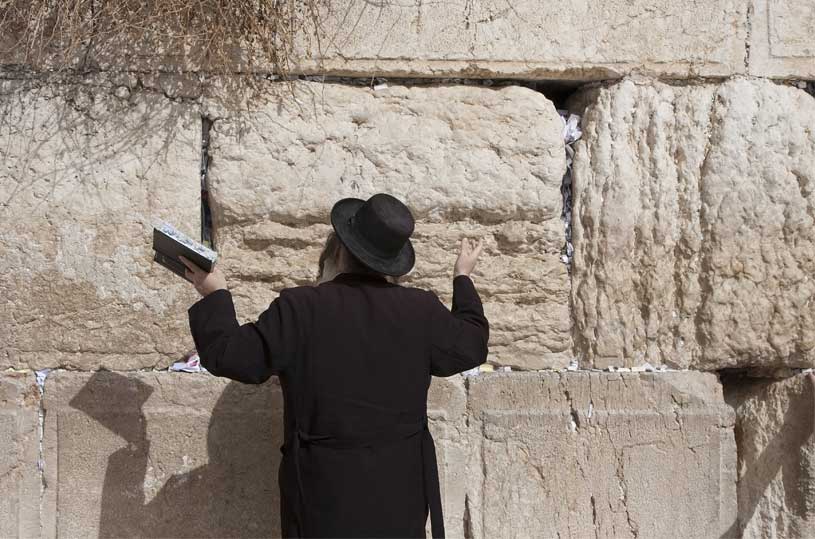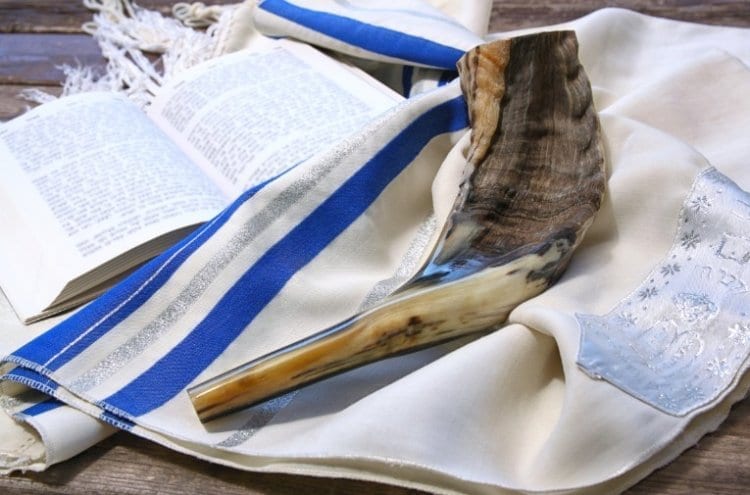What does one do if he hasn’t corrected his ways and Rosh Hashana is around the corner, does he still have a chance to correct himself?
You may certainly correct yourself – even in one moment. The decision you’ve made and desire you’ve shown to elevate yourself is enough to equip you with many merits for the Day of Judgment. Implementing the decision can be done in one day – not even two. However, if the resolution you’ve reached is serious and you’ve marked your goal in strengthening yourself more and more, all the mitzvoth that you perform in the future will be credited to you from this point forward.
Are women obligated in saying the Slichot prayers? If so, then at what time in the day are they required to recite it?
Women are not required to recite the Slichot, though if they’d like to, they may. When a person recites the Slichot individually, he does not say the 13 Middot, therefore, he may recite it at any time – day or night. However, the optimal time for Slichot is after midnight, before the Netz.
During this time of year, the men begin their atonement process through the Slichot prayers. What is the role of the woman during this time? What should her spiritual focus be?
Most of our work lies in the reflection and introspection of our deeds from the previous year. We must try and correct whatever needs to be corrected and accept certain things upon ourselves for the coming year. In order to attain our goals, it is advisable to read Mussar books during the month of Elul, such as Shaarei Tshuva by Rabbeinu Yonah, or The Path of the Just by the Ramchal, to name a few.


